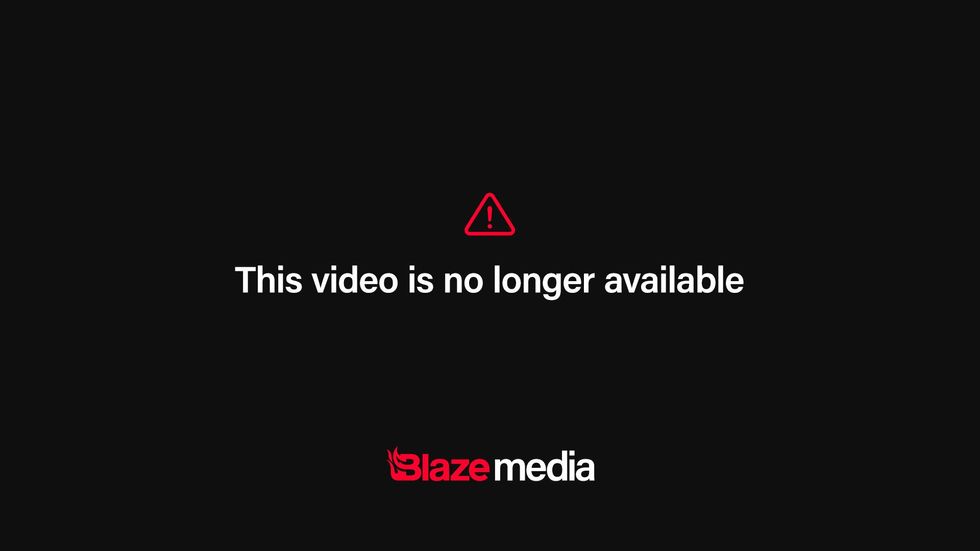
© 2025 Blaze Media LLC. All rights reserved.
For the Record': How the Government Can Seize Your Money Without Charging A Crime
May 16, 2016
A family-run grocery store in central Michigan was nearly forced out of business simply because of the way they deposited money in the bank.
The IRS seized more than $35,000 from Schott's Market in 2013 under a program known as “civil asset forfeiture." The law allows the government to take money that they suspect might be connected to a crime such as money laundering.
Even though no charges were ever filed, the IRS accused the store's owner, Terry Dehko, of “structuring" — depositing cash in the bank frequently and in amounts below the $10,000 threshold, which would have triggered a notification to the IRS.
Dehko says he had no idea that was even illegal, but that financial hit — coupled with the long fight to get his money back — nearly cost him his business.

Want to leave a tip?
We answer to you. Help keep our content free of advertisers and big tech censorship by leaving a tip today.
Want to join the conversation?
Already a subscriber?
more stories
Sign up for the Blaze newsletter
By signing up, you agree to our Privacy Policy and Terms of Use, and agree to receive content that may sometimes include advertisements. You may opt out at any time.
© 2025 Blaze Media LLC. All rights reserved.
Get the stories that matter most delivered directly to your inbox.
By signing up, you agree to our Privacy Policy and Terms of Use, and agree to receive content that may sometimes include advertisements. You may opt out at any time.


